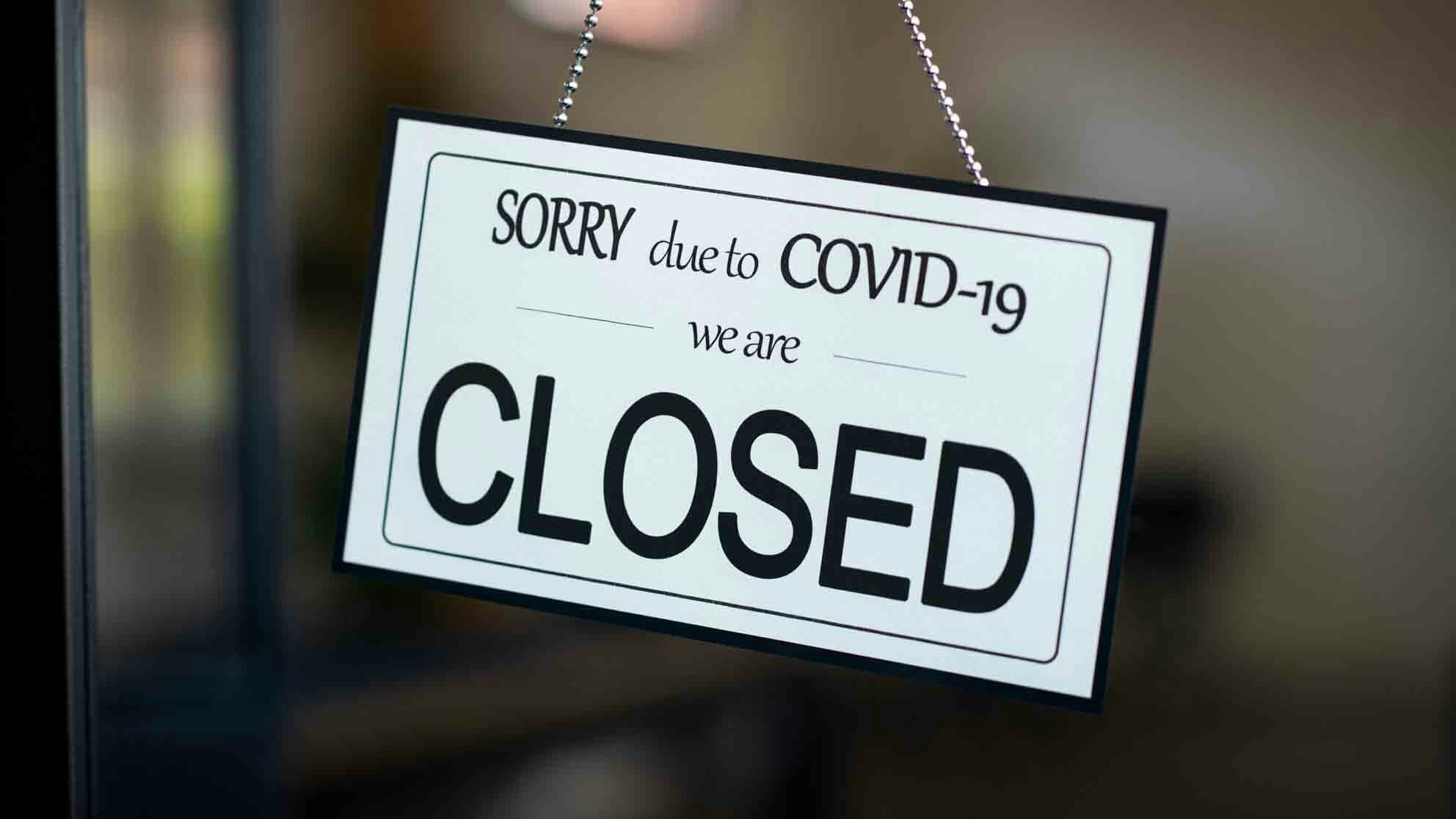Support for restrictions on businesses and personal activities to slow the spread of coronavirus has fallen steadily among people questioned for a University of Wyoming survey.
The survey conducted by the university’s Survey and Analysis Center showed that among the 498 Wyoming residents questioned, support for steps such as closing schools and closing restaurants has fallen significantly since the coronavirus was first detected in Wyoming in March.
Of those questioned on June 8, 52.3% supported the decision to close public schools, compared to 85.3% who supported it when surveyed in March. Similarly, the support for closing daycare centers dropped from 80.9% in March to 47.2% in June.
The number supporting the closure of restaurants and bars was at 44% in June, a significant drop from 81.6% in March. A majority of those questioned, 57.3%, continued to support limits on public gatherings when questioned in June, however, the number was a significant decline from those who backed the move in March, 88.6%.
The idea of a “shelter-in-place” order, which was never issued in Wyoming, had support from fewer than one-third of those questioned in June, 32.9%, compared to the 54.4% who supported the move in March.
The survey is the latest of five conducted by the Survey and Analysis Center focusing on public opinions on issues directly related to the coronavirus. It has a margin of error of plus or minus 4.4%.
The survey subjects were selected randomly from the center’s “WyoSpeaks” panel, a group of Wyoming residents who have indicated they would be willing to be polled to share their opinions.
The survey also revealed that Wyoming residents are almost evenly divided over whether the coronavirus is likely to be a major problem for the state.
Of those questioned, 26.4% said the illness is not likely to be a major problem, 26.6% said the worst of the illness has passed and 27.6% said the worst is yet to come.
Those polled were also divided over the question of whether COVID-19 is a real threat.
According to the survey, 44.8% of those questioned feel coronavirus is a real threat, while 46.2% believe the illness has been blown out of proportion.





